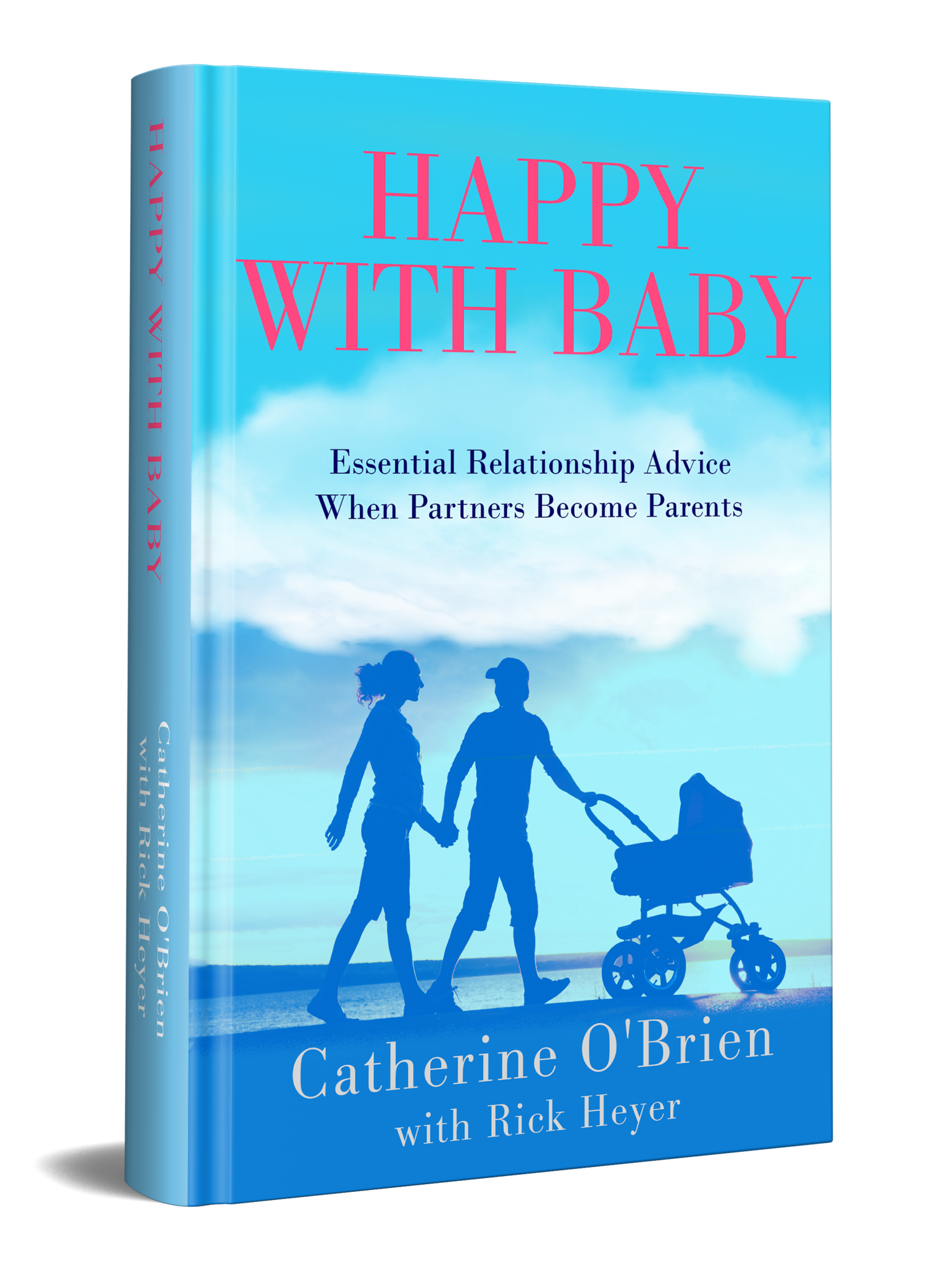What Covid Has Taught Me About Having Hard Adult Conversations

In our relationships, there’s a lot of things we tend to not ask, just so we don’t stir the pot.
But covid has taught us that it’s imperative to ask awkward questions:
“Do you mind wearing a mask?” “Could you stay 6 feet away please?” “Who are you exposed to on a regular basis?” “What is our plan for if one of us tests positive?” “When was the last time you were tested?”
Regardless of our belief in science or not, regardless of whether we’ve tested positive or not, regardless of our level of anxiety (or lack of it) due to the pandemic, COVID has impacted every single one of our lives. Work and school looks different now. Our income may have been impacted. We may have lost someone important to us to the illness. All of us have felt more disconnected or knocked off kilter in various ways because of this virus. None of us have come out unscathed. COVID has shown us that our choices directly impact others in ways seen and unseen. We’ve learned our actions can save lives.
We’ve really been put through the ringer (and we’re not done yet!), but one thing that I hope we can carry into the future beyond the pandemic is the importance of being willing to have the hard conversations and feeling capable of doing it.
COVID has definitely schooled us all on this, hasn’t it? Whether it’s negotiating a school or social pod with friends, or turning down that wedding invite, or asking a complete stranger to step back to remain socially distanced, or telling your boss you are unwilling to come into the office, we’ve all had to negotiate some tricky situations and be upfront with our feelings and needs.
It’s not easy, but COVID hasn’t given us much choice but to be open and honest with each other. And, I for one am so grateful for the practice.
It’s made for a lot of awkward moments, sure. But I think it’s gotten easier to do in some ways as the year went on. And it got me thinking... How many times in the years past have we just held our tongues just so we don’t stir the pot? Said yes to something that we didn’t want to do? Let a wrong slip past and just shook it off instead of setting a boundary? Or dropped a conversation just because it seemed too hard to find a middle ground? How many times have those conversations turned sour or heated, instead of handled delicately and judiciously, even though they may have been far less life-and-death than COVID has been?
I can think of so many examples: Spouses discussing their finances. Parents disagreeing on discipline techniques for their child or appropriate work/life balance.. Family members disagreeing on holiday expectations or their involvement in your birth plans. The list goes on and on. I bet you can think of a long list too.
It can be hard to see eye to eye when one person in the relationship is a spender and the other is a saver, right? That’s such a common one. But there’s always more to every story if we just dig a little deeper. Especially if there are big emotions whenever the topic comes up.
COVID has taught me that having any hard conversation requires five key components:
-
Transparency
We have to be forthright about events or updates (like having been exposed to someone with COVID) that could potentially impact relationships and what we’re all trying to achieve together.
-
Honesty
We have to be unafraid to share how we feel and what we need. Working from home, lack of privacy from those we live with or isolation from living alone, anxiety because of the virus or financial insecurity… all of these things have made honesty almost unavoidable to an extent.
-
Specificity
Matters of survival don’t leave much room for a grey area. Wearing a mask, but only covering your mouth and not your nose isn’t exactly what is meant by “wear a mask”, for example. We need to be clear about what we mean.
-
Trust
This one takes a lot of practice and sometimes a leap of faith, but through transparency, honesty and specificity, we are able to build trust where it didn’t exist before.
-
Compromise
We have had to learn where we must be hard-lined and where we can flex. We’ve had to put our creativity to work in coming up with possible solutions. We’ve had to weigh options and choose accordingly.
Make sense? Good. But, now you might be asking, “OK, but HOW, Catherine? How do I do this in a conversation that has nothing to do with a fatal disease?” Great question.
Let’s take chores as a simple example to illustrate what I mean.
It’s very easy to assume that everyone was taught to handle kitchen cleanup the same particular way or that there’s only one right way to do it. In fact, it can be a bit of a shocker when you first move in with your partner only to discover that they have their own way of doing (or not doing) things.
Let’s say that you have a partner that doesn’t mind washing dishes. Actually, you can always count on him to do it each morning before getting ready for work, but he never cleans the counters or dining table.
UGH, WHY???
And why doesn’t he just do it in the evenings while you’re giving the baby a bath, rather than letting food scraps dry out and get stuck to the plates? Doesn’t he realize the job is harder the longer you wait? You hate that the kitchen cleaning never seems finished. You start to judge how he was raised. Didn’t his parents teach him better? There’s no way your dad would have let you off the hook without disinfecting the dining table with a lemon-scented spray cleaner when you were young. You can still see his intimidating stance as he hovers over you til you finish the job like it was yesterday...
Instead of lashing out at your partner for not finishing what he started and leaving the work for you to do, you could instead get curious and ask him why he does what he does. Then, you could learn that, for him, washing the dishes in the morning before the rest of the house has risen for the day is his quiet time to get his head right for the day and he enjoys that. You might learn that his mom worked a lot when he was a kid and wasn’t home to teach him that “the dishes aren’t done until the counters underneath them have been wiped clean.” You might learn that he knows he won’t be able to do a perfect job because he has to stop at a certain time every morning to get ready for work in time, but that he wants you to know that you can always count on him to do what he can every single day.
How would this new information change your view?
You might approach him with more empathy or gratitude. You might decide that your desire for him to wipe surfaces down doesn’t matter so much because you know you can always count on him to wash dishes. You might be able to share your own experience, so that he can understand your frustration. Maybe instead of having every surface in the kitchen spotless and clear isn’t realistic, but you both can agree that there should always be one surface in the kitchen that is always kept clean and clear of clutter, so you always know you have a space to prep food or eat without the extra work beforehand.
In the scheme of things, you probably will have bigger, more challenging issues to deal with throughout your adult life than just how the dishes are done. (If only that was our biggest problem in life!)
But even in a disagreement as simple and mundane as this, can you see how it presents an opportunity for learning more about each other and working through it together? This is the hidden gift in every hard conversation.
As my friend, Kara Haug, says, “You’re worth the awkward conversations”. This is how we get what we need. This is how we heal and love more deeply.
Head over to @happywithbaby for #communicationiskey story shares this month. I will be offering tips to help facilitate deeper adult conversations.
Watch Now:
Buy My New Book for New & Expecting Parents
Happy With Baby: Essential Relationship Advice When Partners Become Parents

“Postpartum Must Have. There is no denying bringing home a new baby rocks your world and leaves you having to find a new you, a new way to be in the world, and a new way to be in your marriage. Catherine’s ability to guide couples through these obstacles is unmatched. What an important read. Thank you!"
- Abbey Williams, MSW, LSW, host of the Mimosas With Moms podcast, @mimosaswithmoms
Subscribe
Sign up to get the latest weekly blogs sent straight to your inbox


0 comments
Leave a comment
Please log in or register to post a comment